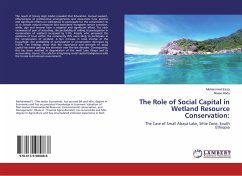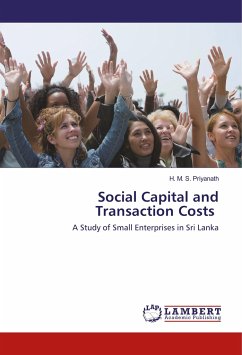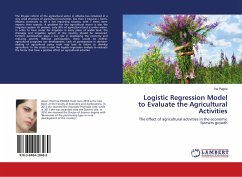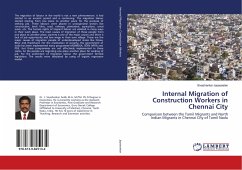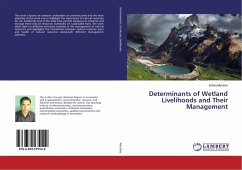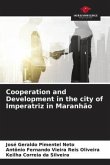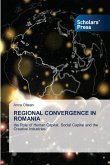The result of binary logit model revealed that Education, mutual support, effectiveness of institutional arrangements and awareness have positive and significant effects on willingness to participate for the conservation so as to sustain natural resource and associated ecosystem service provision, while, age and income have a negative and significant effect. For each increment of year of schooling, the probability of willing to participation in conservation of wetland increased by 5.3%. People who perceived the existence of trust within the community 29% more likely to participate in the conservation of wetland. A birr increase in total income of the household, the probability of participation in conservation decreases by 0.05%. The findings show that the importance and strength of social capital has been getting less attention over the last decades. Consequently, this has been resulted in degradation of the small Lake Abaya and its surrounding. Hence, this calls for integrating social capital (indigenous with the formal institutional environment).
Bitte wählen Sie Ihr Anliegen aus.
Rechnungen
Retourenschein anfordern
Bestellstatus
Storno

